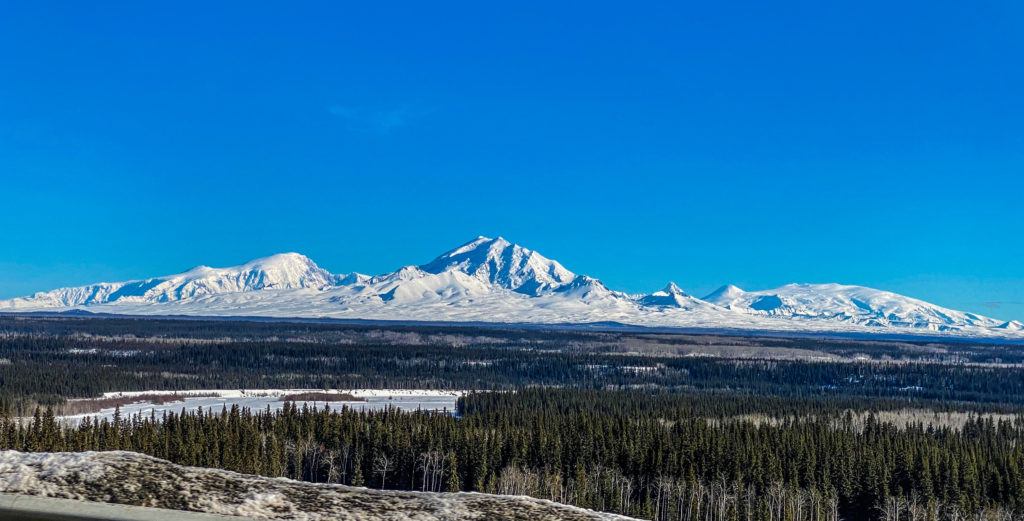
Small modular reactors, or SMRs, are in the news a lot lately. These innovative nuclear powerhouses and their smaller cousins, microreactors, are being touted as not only an important potential source of carbon-free power, but a promising bridge to facilitate the nation’s ongoing transition away from fossil-fuel based generation.
As their name suggests, SMRs are smaller than traditional nuclear power plants and contain new technologies that make them scalable, safer to operate, and potentially easier and cheaper to site and deploy. But are they capable of delivering on their many promises from a technological and financial standpoint, and how long will it take until we could realistically expect these devices to be added to the grid?
To learn more, we’re joined by Dan Walsh, NRECA’s senior power supply and generation director, and Travis Million, CEO of Copper Valley Electric Association, which has been working hard to bring a microreactor to its Alaska territory.
Listen to the episode below:
You can also listen and subscribe to Along Those Lines on your preferred podcast service:
Apple Podcasts | Google Podcasts | Stitcher | Spotify | YouTube
Disclaimer: Podcast guest Dan Walsh is an advisory board member for NuScale, one of the SMR vendors mentioned in this episode.
Related Content:
RE Magazine: Some Co-ops Are Making Early Moves on Small Nuclear Reactors
Find out more about NRECA’s podcast. Questions or suggestions? Email us at AlongThoseLines@nreca.coop.
